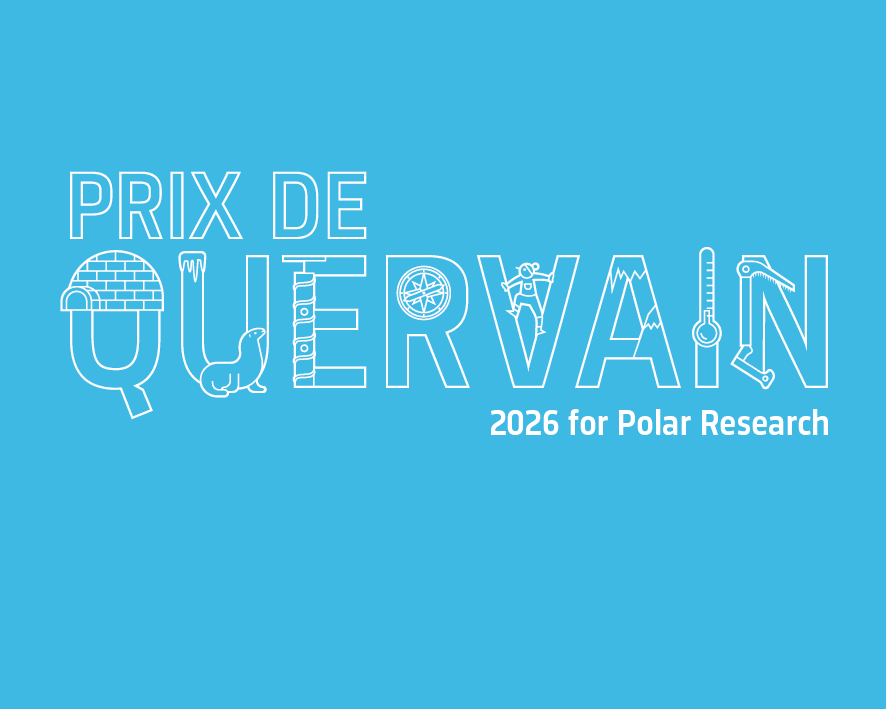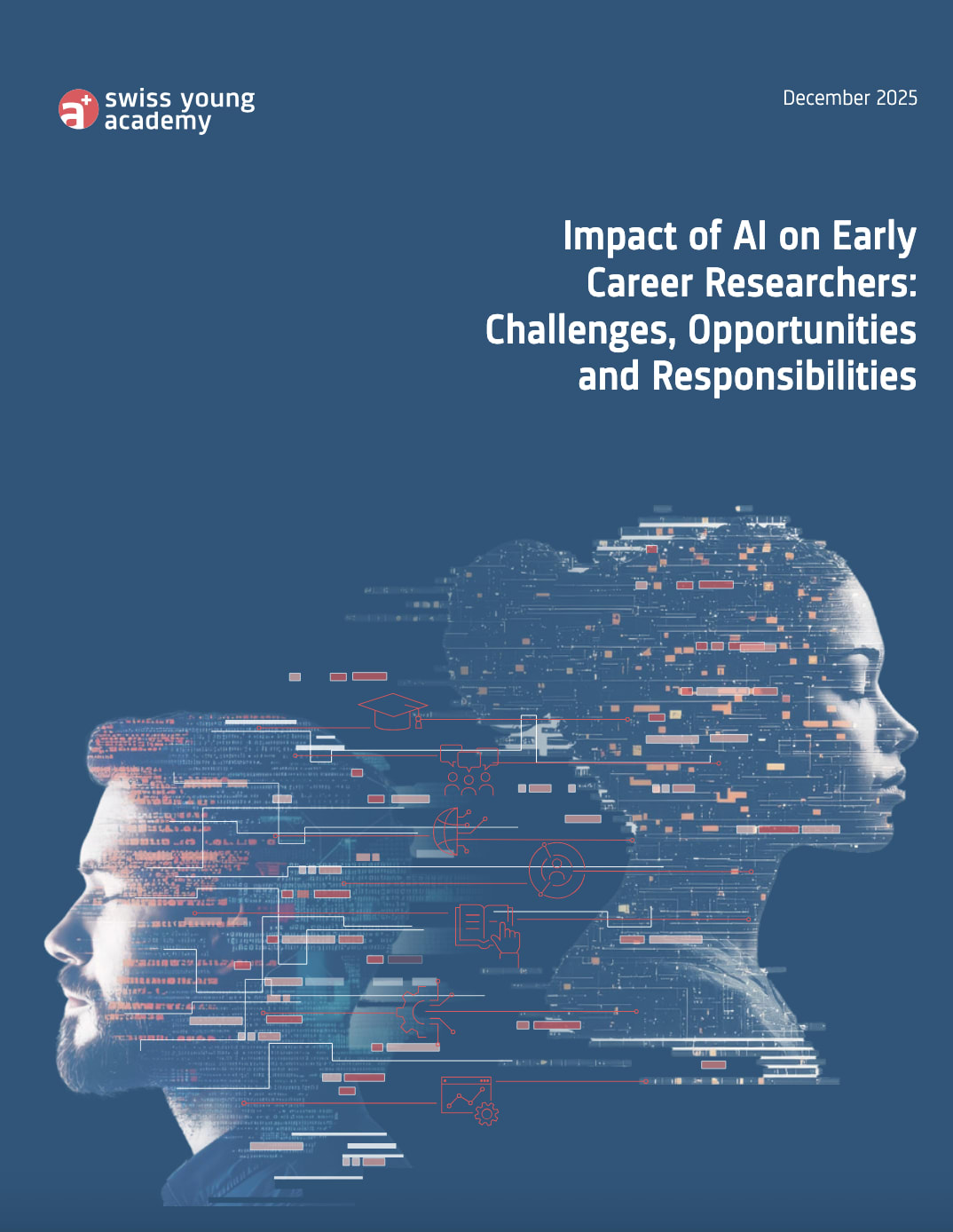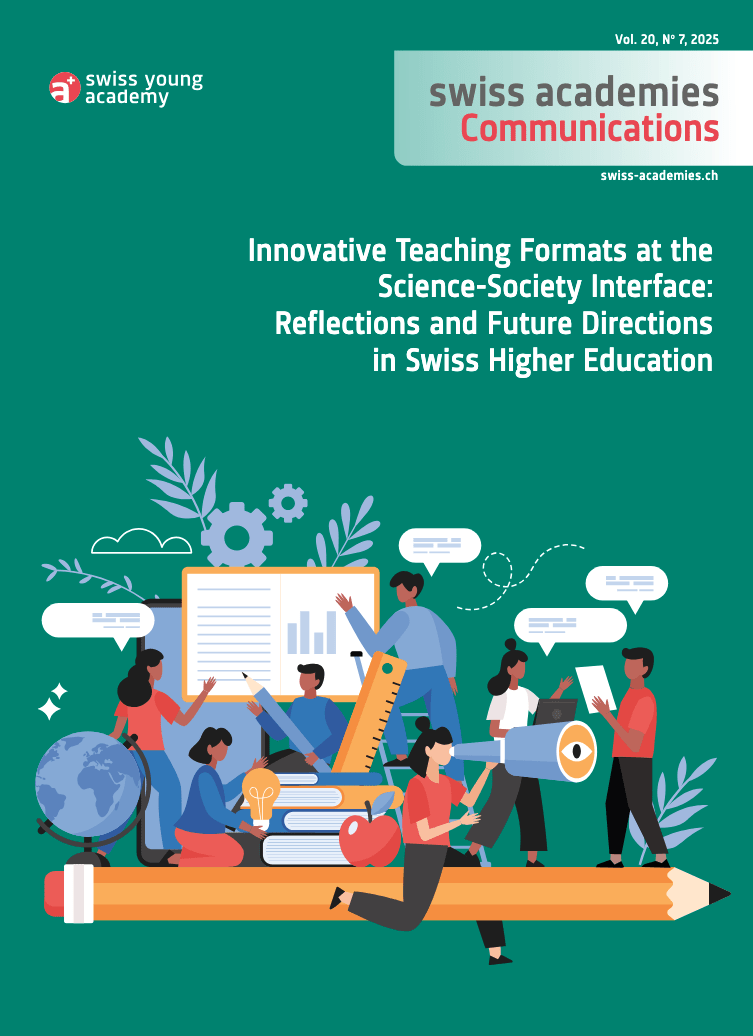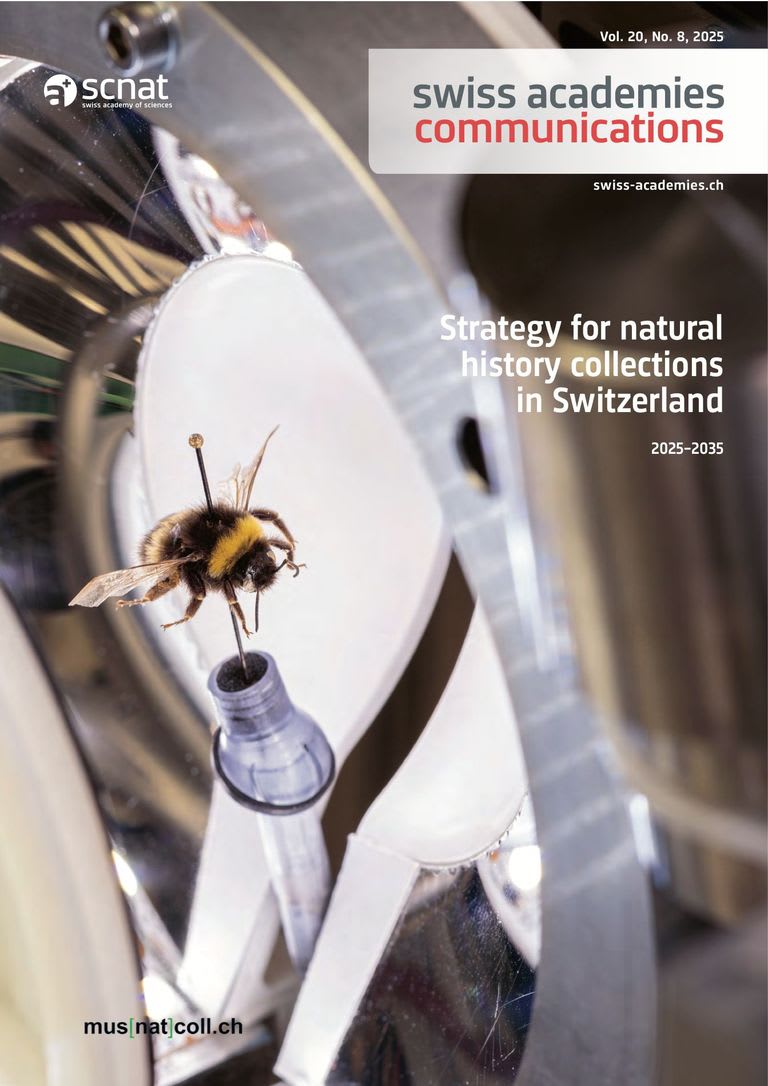Welcome at the Swiss academies of arts and sciences
News

News
Tour d’Horizon 2025: td-Literature - share your inspiration
Each year we invite the community of inter- and transdisciplinarity to share their recommendations for the most important publications in research, education and practice. These contributions will be compiled and published on our website as the "Tour d'Horizon 2025". Your expertise matters!
Take part in our survey til 06 April 2026.
News
Call for nominations: Prix de Quervain 2026 for Polar Research
The Prix de Quervain 2026 will be awarded for outstanding research conducted in, or originat-ing from, the two polar regions, across all scientific disciplines.
Swiss Academies of Arts and Sciences

Press release
Swiss Competence Centre for Scientific Integrity starts work
Switzerland has had a Competence Centre for Scientific Integrity with effect from 1 January 2026, presided over by Prof. em. Edwin Constable and managed by Viviane Premand, PhD in Law, LL.M. The Competence Centre will serve as a reporting body for higher education institutions and other institutions on matters they have already raised pertaining to procedures, sanctions and measures concerning scientific integrity in Switzerland and will assist these institutions on matters of scientific integrity.
Current publications
Swiss Young Academy SYA

Impact of AI on Early Career Researchers: Challenges, Opportunities and Responsibilities
Artificial Intelligence (AI) is rapidly transforming science and is therefore profoundly reshaping the work of Early Career Researchers. Against this backdrop, the publication Impact of AI on Early Career Researchers: Challenges, Opportunities, and Responsibilities, developed by members of the Swiss Young Academy, namely Emmanuel Senft, Sabrina H. Kessler, Pamela Delgado, Devi Bühler, and Alexandre Bovet, offers a timely interdisciplinary reflection on these changes. The booklet examines both the opportunities and risks of AI across five key areas – research, teaching, science communication, policymaking, and sustainability – while also addressing critical issues such as research integrity, data privacy, misinformation, governance, and environmental impact. It further highlights the responsibilities of Early Career Researchers and higher education institutions in promoting AI literacy, transparency, ethical standards, and responsible use of AI in science.
Swiss Young Academy SYA

Innovative Teaching Formats at the Science-Society Interface: Reflections and Future Directions in Swiss Higher Education
Science-society dialogue is crucial for addressing pressing societal challenges. One important avenue for strengthening this link, in an inter- and transdisciplinary perspective, is teaching formats that encourage students to engage in the public sphere. However, an illustrative collection of best practices in Swiss higher education has been lacking so far. This practice-driven report draws on a non-exhaustive stocktake of existing courses in Switzerland and participatory workshops among lecturers. It features illustrative examples from Swiss higher education institutions and introduces a new typology of science-society teaching formats, offering educators a structured way to design and analyze courses across six dimensions. In addition, the publication discusses both the opportunities and challenges of implementing such teaching formats. To further advance science-society education, the report identifies three priority areas for action.
Swiss Academy of Sciences SCNAT

Strategy for natural history collections in Switzerland
Thirty-seven institutions, take a decisive step towards unlocking the full potential of natural history collections in Switzerland. Together, they publish and endorse a strategy based on 6 pillars and 52 key activities to better preserve collections, ensure their accessibility and promote their use for science and society.
